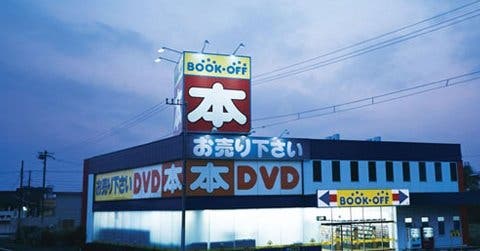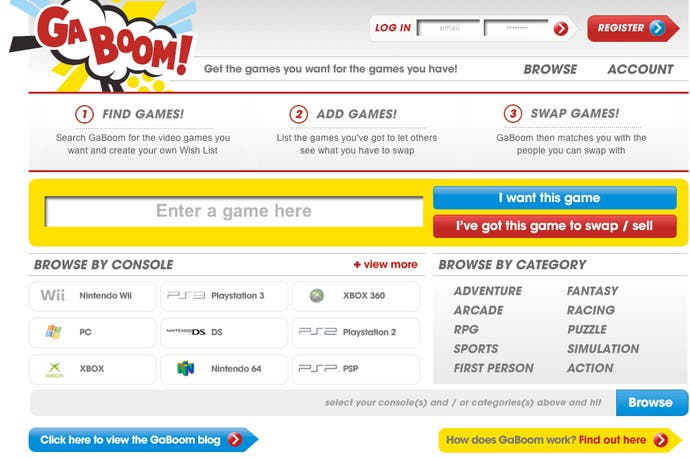Are pre-owned sales killing gaming?
A look at both sides of the argument.
"Parasitic." "Abusive." "A huge issue." "A critical situation." "Extremely painful." "Thievery."
Strong words. You might expect those kind of comments about piracy, drug dealers or baby-snatchers. Or drug-dealing baby-snatchers. But those are direct quotes from senior publishing executives about the second-hand games market. And that's just a small sample - the well of discontent over pre-owned sales goes much deeper.
We're all used seeing news stories about publishers commenting on used games. The calmer executives shrug, sigh and admit they're a reality of the market. Those who had a little too much coffee before the microphones were turned on are apt to directly compare second-hand sales to piracy or theft.
Even if you don't sympathise with their point of view it's easy to see the source of their ire. Walk into any games shop in the UK - indeed, in almost any nation - and where once you'd see a group of optimistic kids with limited pocket money trawling through a grubby second-hand bin, today you'll find an enormous, well-lit display of second-hand games in pristine boxes.
In some stores it can be hard to tell whether you're looking at new or used copies of games, the difference indicated only by small stickers on the boxes' spines. The displays look the same and the pre-owned selections are often more prominent than the brand new offerings.
The content of the shelves is the same, with used copies of top games popping up just days after launch. Even the price tags are similar - used copies of recent games often sell for only slightly less than their box fresh counterparts.

The big difference, from the industry's point of view, is that not a single penny from the sale of a used game makes its way into the pocket of the creators or publishers. The retailer pays a certain sum (usually quite low) to the customer who traded in the game. The remainder - a pretty significant margin - goes into the retailer's coffers and stays there.
From the consumer's point of view, the issue is a bit more complex. Videogames are expensive. You can make all the arguments you like regarding value for money - and I frequently do - but the reality remains that ours is a seriously pricey hobby. For many gamers, the ability to trade in their old titles or buy cheaper copies second-hand is the only way they can afford to keep up with new releases.
Comparisons with piracy fall flat from the consumer's perspective. Being able to sell on something which you bought legitimately seems like a pretty basic right, and industry figures do themselves no favours by tarring such people with the same brush as pirates or thieves. More moderate executives are anxious to make it clear that their dislike of second-hand sales doesn't extend to gamers themselves.
"I'd hate to say my players are my enemies - that doesn't make any sense," Epic Games' president Dr Michael Capps has been quoted as saying. SEGA Europe boss Mike Hayes has described second-hand goods as a "market reality" which he doesn't like much, but wouldn't campaign actively against.

Yet there's clearly an impasse here - a gulf between what gamers want to do and what the industry believes they should be doing. For evidence of this, look at the efforts the industry has made to change the realities of the market - not one of which has worked.
The first reaction, depressingly, was to try to change the law. Just as other media industries have relentlessly lobbied governments to roll back long-standing consumer rights in order to protect their profit margins, the games industry hasn't been above a bit of legal wrangling.
This is particularly the case in Japan, where the second-hand market is even more deeply embedded than it is in the UK. Every major town and city district sports enormous second-hand stores selling games, DVDs, CDs, electronic equipment, toys and so on.
It's not suprising that a nation with famously small homes, and a notoriously throwaway approach to perfectly functional items, would cultivate a thriving second-hand market. Nor is it a shock to learn that Japanese game makers tried to shut it down.








